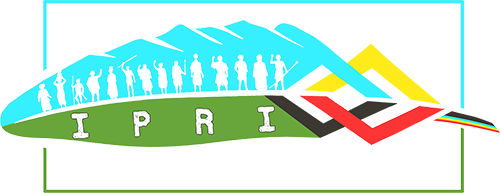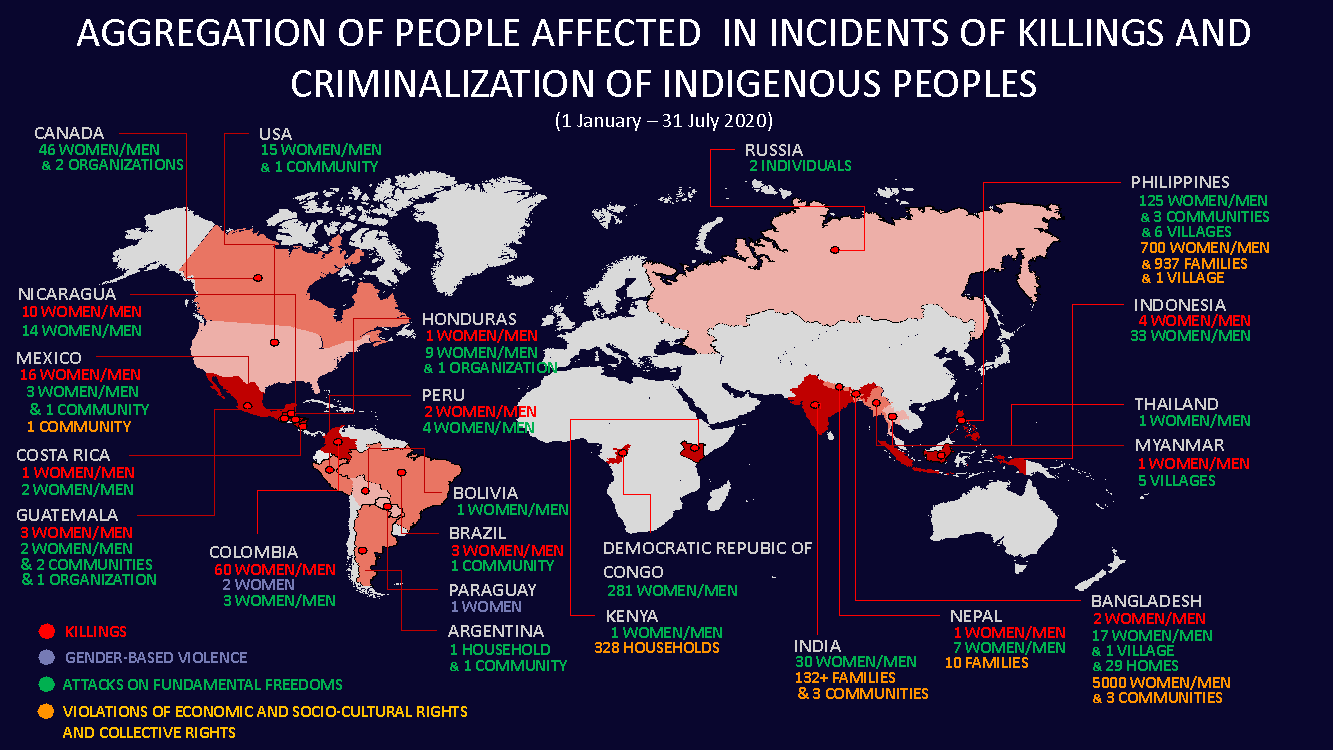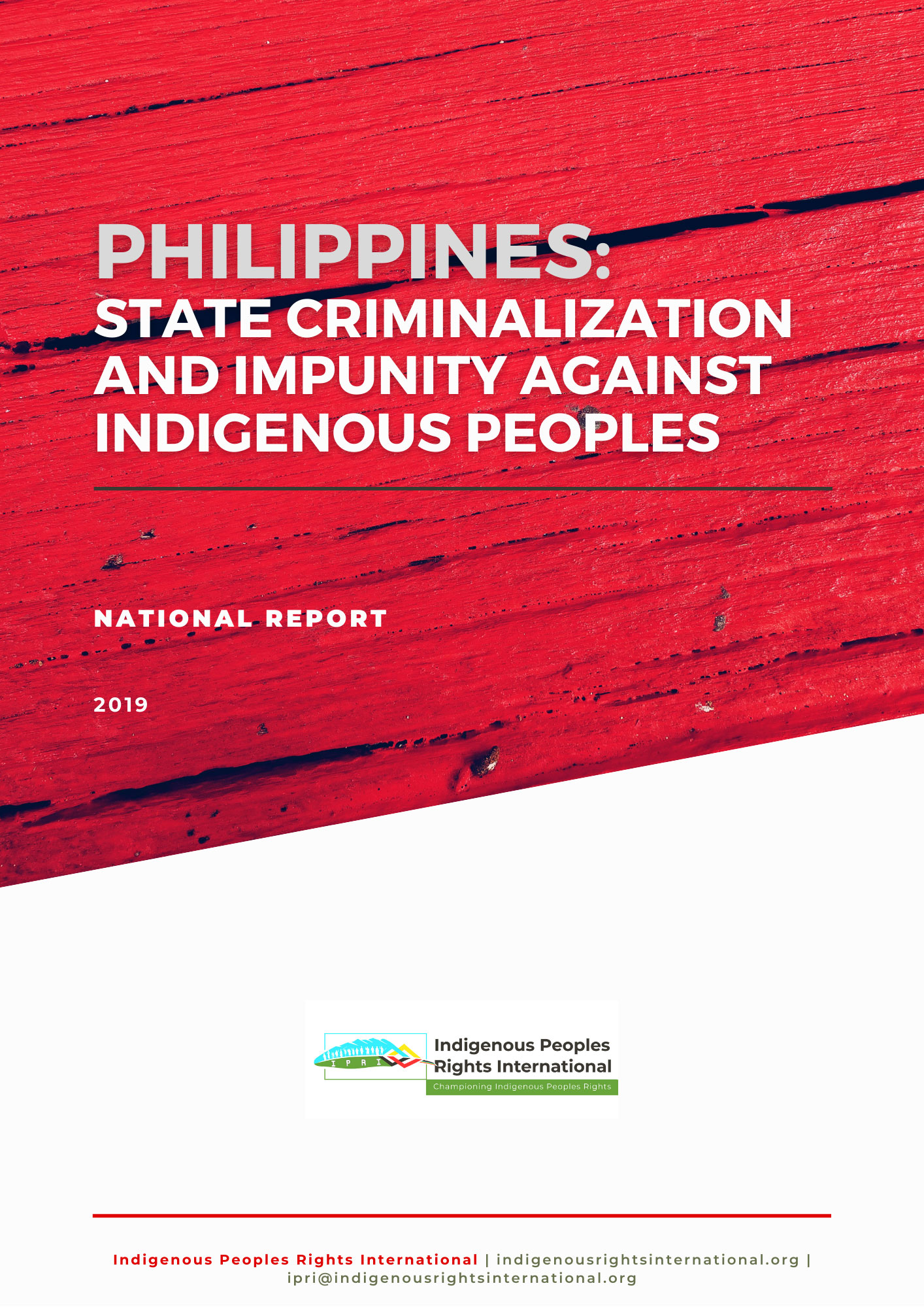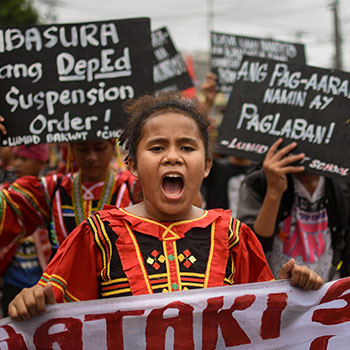- Details
Criminalization of and impunity against indigenous peoples in the time of Covid-19
A mid-year special issue of Indigenous Peoples Rights International’s (IPRI) on the Global Initiative to Address and Prevent Criminalization of and Impunity Against Indigenous Peoples
- Details
The Philippines has been in the limelight these past few years for its alarming human rights record under the notorious autocratic regime of President Rodrigo Duterte. Since 2015, several international human rights watchdogs have listed the Philippines among the top human rights violators in the world. The Philippines had the 2nd highest number of killings of land and environmental defenders in the world in 2015 with 33 killings, 3rd in the world and highest in Asia in 2016 with 28 killings, 2nd highest in the world in 2017 with 48 killings, and highest in the world in 2018 with 30 killings.
- Details
A Report of the Indigenous Peoples’ Rights International on the Global Initiative to Address and Prevent Criminalization of and Impunity Against Indigenous Peoples
- Details
Crime Record against Scheduled Tribes (STs)
India has partially implemented two noted Universal Periodic Review (UPR) recommendations relating to the effective implementation of the Scheduled Caste and the Scheduled Tribes Act and prevention of and justice for violent acts against tribal minorities.
- Details
The Human Security Act of 2007, also known as the An Act to Secure the State and Protect our People from Terrorism was enacted purportedly to protect life, liberty, and property of Filipinos from acts of terrorism with the colatilla that in its implementation, the State shall uphold the basic rights and fundamental liberties of the people as enshrined in the Constitution.
It appears, however, that instead of protecting Filipinos from acts of terrorism, it has been utilized to criminalize dissent and used to justify the perpetration of human rights violations against all Filipino citizens in general and indigenous peoples in particular.









